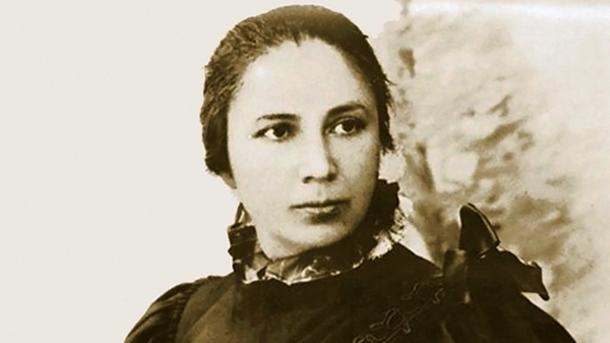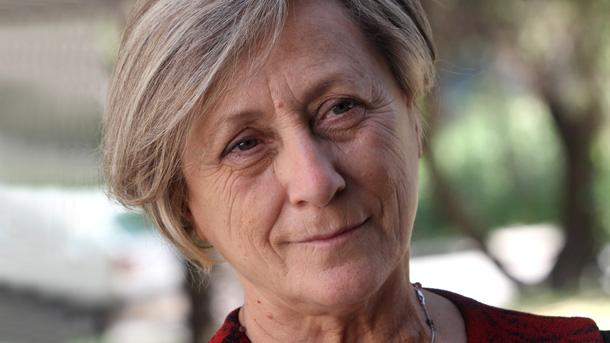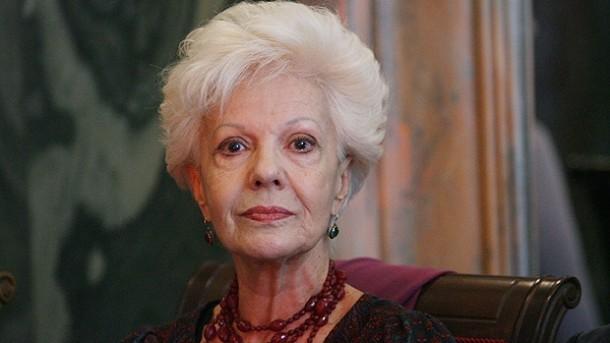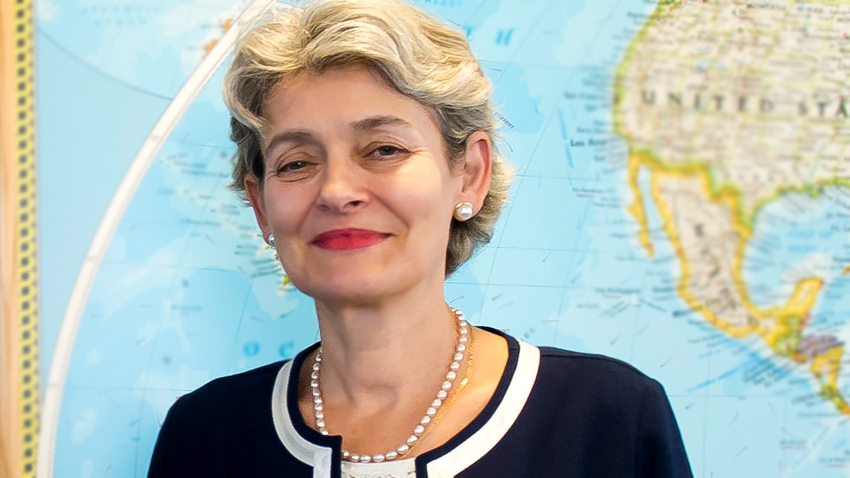The collection of poems Eternal and Sacred by the “First Lady” of Bulgarian poetry Elisaveta Bagryana was first published in 1927. At the time the book was seen as a provocation and signaled a new beginning for the way women in Bulgaria saw their role in life. Bagryana’s poetry has been translated into 30 languages. One of her poems has been included in the most prestigious anthology of The world’s 100 best poems, published in 1979 by renowned French poet and publisher Alain Bosquet - the only Bulgarian author featured in it.
Elisaveta Bagryana is one of the most influential Bulgarian women, included by Ass. Prof. Dr. Tsvetana Kyosseva in her book 50 most influential women in Bulgarian history, which features women from the time of the First and the Second Bulgarian Kingdom, from the National Revival period, from the Third Bulgarian Kingdom, down to modern times. What the author found most difficult was to select the influential women of our own day, because history is the most severe of arbiters and at least 50 years have to pass before history will have its say.

“The first and most important criterion was how this personality changed the life of Bulgarians, whether in a positive or a negative way, no matter,” Ass. Prof. Kyosseva says. “The second criterion – how long this influence had its effect. There are events that come and go, leaving no trace on the face of history. And the third criterion: how many followers the given lady had. Comparing the lives of all of these women, the way I ranked them came naturally to me.”
Top of Ass. Prof. Dr. Tsvetana Kyosseva’s list of the 50 most influential women in Bulgarian history is Ekaterina Karavelova (1860 - 1947). During the post-Liberation period (after 1878), she was the first lady in Bulgaria to have had the courage to blaze the trail for women in other walks of life, not just as mothers or wives. Ekaterina was the wife of Petko Karavelov – twice Prime Minister of Bulgaria, whose lifework was accomplished during his second term of office – the reunification of the Principality of Bulgaria with Eastern Rumelia.




Ass. Prof. Dr. Tsvetana Kyosseva has dedicated 200 pages to these remarkable women. And she says she has a dream: “I hope that 50 years from now, another author will include, in another such book, more names of women from the 21st century!”
Author: Iliana Raycheva
English version: Milena Daynova
Divers from Burgas' Friends of the Sea association opened the diving season . With the water temperature at seven degrees , they made their traditional spring dive along the coast of Kiten, where underwater remains include ancient artefacts and even a..
On the night of Saturday to Sunday (30 March), at 3am, we need to move the clock forward one hour - to 4am. This will give us an hour less sleep on that particular night, but in the long run we will be able to make better use of daylight, which should..
Bulgaria has joined a multinational nomination for accession to the element "Pasture traditions", inscribed on the UNESCO List of Intangible Cultural Heritage. The event was marked on March 28 with the official signing of the nomination by the..
In 2024, Bulgaria has 15,737 foreign students, making up 8.6% of all current students in the country. By comparison, this share has doubled over the..
The eagerly-awaited Tulip Parade at the University Botanical Garden in Balchik is at its peak. This year’s parade includes more than 45,000 bulbs,..
Divers will clean the seabed around the port of Sozopol today, reports BTA. "Since 2018, we have been doing the cleaning, completely voluntarily, with..

+359 2 9336 661
